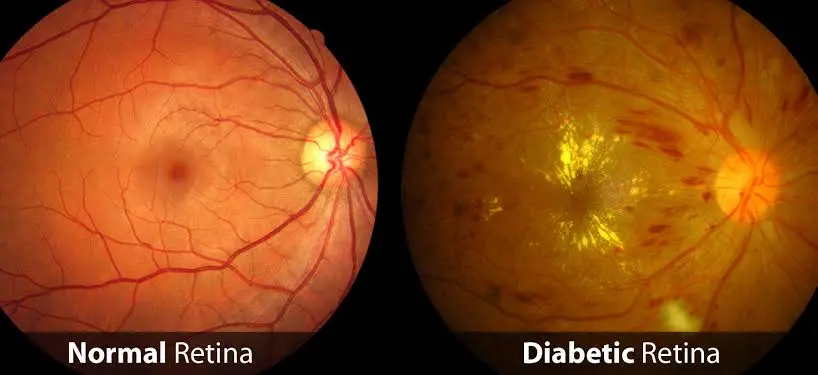By Chris Njoku
Dr Besong Akotanchi, an Ophthalmologist with the University of Calabar Teaching Hospital (UCTH) has disclosed that about 1.2 million Nigerians are suffering from diabetic retinopathy.
Akotanchi made the remark on Thursday in Calabar during a commemoration of World Diabetes Day organised by the Endocrinology, Diabetes and Metabolism Unit of UCTH in partnership with Lions Club, District 404A.
The event which also had the Diabetes Association of Nigeria, Cross River chapter as partner had the theme: “access to diabetes care” and a sub-theme: “empowering global health.”
The News Agency of Nigeria (NAN) reports that diabetic retinopathy is a diabetic complication that affects the eye, caused by damage to the blood vessels in the tissue at the back of the eye (retina), due to poorly controlled blood sugar.
According to the ophthalmologist, while about 5.2 million Nigerians are diabetic, those who do not handle the condition well may start noticing the effects on their eyes.
“Diabetic retinopathy which affects people between the ages of 20 to 70 years is the last stage of eye problem caused by diabetes.
“People keep collecting glasses but it is not the solution, as a patient, when you go to a diabetic centre and you are given drugs, be compliant because a lot of diabetics come down with blindness as a result of negligence,” he said.
READ ALSO | North Korea Successfully Tests New Ballistic Missile Engines
On his part, Mr Benard Enya, Chairman, Diabetes Association of Nigeria, Cross River chapter said it was a sad thing that Cross River lacked data on people living with diabetes and those who had died of the disease.
Enya said while they knew that there was an increase in the prevalence following more and more people showing up in health facilities in the state with the condition, the number of caregivers is dwindling.
“The whole of Cross River does not have up to five endocrinologists and they are all based in Calabar in UCTH, in other Local Government Areas, we have doctors who have little knowledge of diabetes and are not specialised.
So, people travel for eight to nine hours from the other LGAs to Calabar, spend three days just to access care and go back.
“It is time for the state government through the State Ministry of Health to take the lead in diabetes care, this is because any success recorded in the state as it concerns health is credited to them,” he said.
He used the opportunity to appeal to Gov. Bassey Otu through the Ministry of Health to look into the issue of appointing a diabetes desk officer in the state that would interface with the federal and ensure that government policies get to the grassroots. (NAN)

